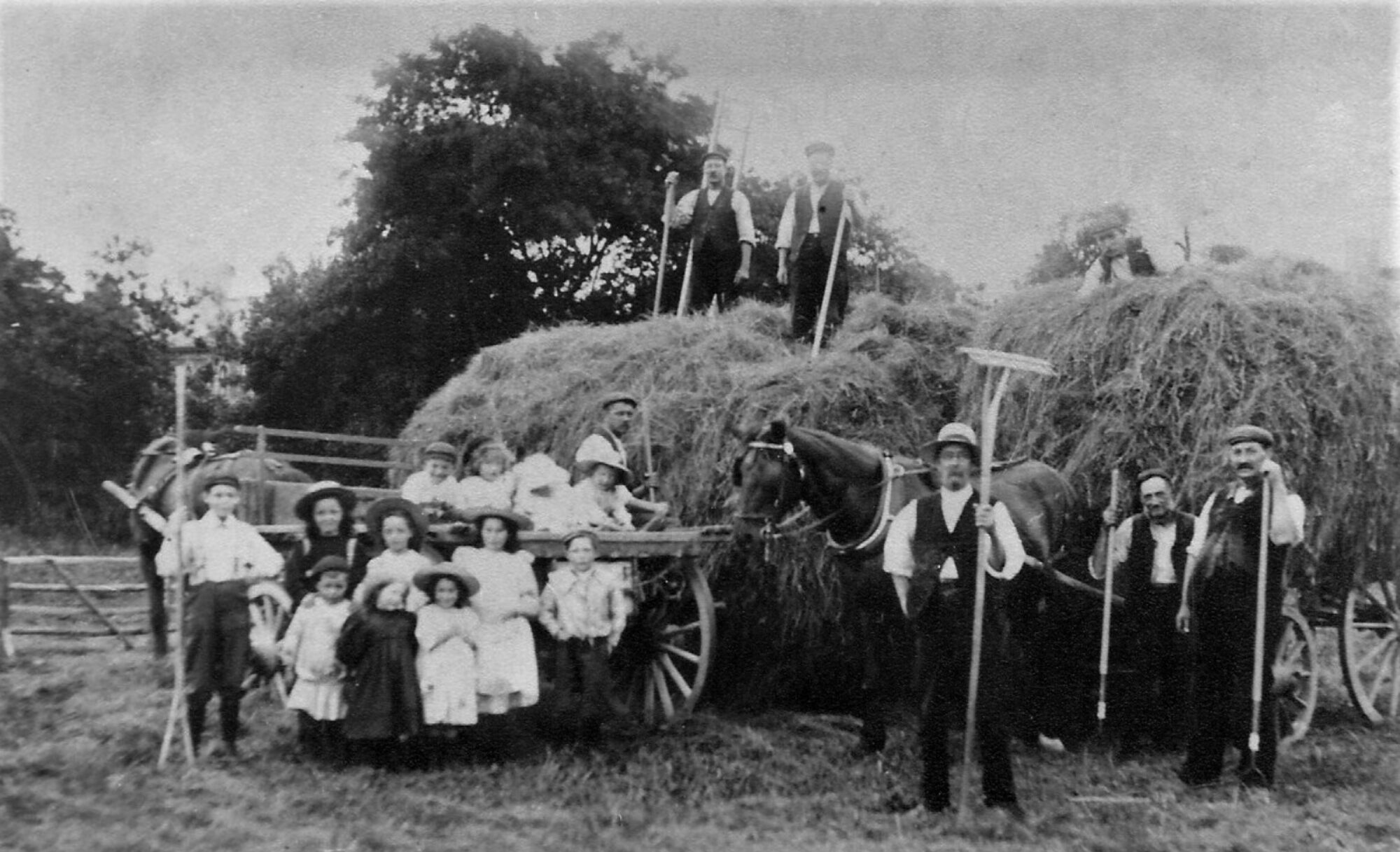Christopher Pemberton Worsfold 1897 – 1975
An officer in the Royal Engineers, Christopher P. Worsfold was mentioned in Dispatches and awarded the Military Cross for ‘exemplary gallantry during active operations against the enemy’.
Christopher was born at Kearsney on 12th April 1897 into an influential upper-middle-class Dover family. His father, Edward, was a partner in ‘Worsfold & Hayward’, a successful auctioneers, surveyors and estate agents based in Market Street, and held a portfolio of other business interests, including directorships in the Dover Gas Company and Dover Permanent Building Society. Member of Dover District Council and a Justice of the Peace, Edward was a familiar figure in almost every aspect of Dovorian political and cultural life, coordinating amongst other things the Dover Charity Committee and Dover Cricket Week.
The Worsfold family moved to Shepherdswell in 1906 into a large house on Mill Lane, which they named Hillcrest. Edward became prominent in the Shepherdswell community, serving as Church Warden at Saint Andrew’s and sitting on the Cricket Club Committee.
Christopher only spent school holidays in Shepherdswell. He was dispatched to boarding school, firstly, in Eastbourne and then to the prestigious St Peter’s College, Radley (Oxfordshire). He was a talented pupil, winning in 1913, at the age of only 16, a scholarship to study mathematics at Jesus College, Oxford.
But Christopher never got to Oxford. After war was declared, he took the army examination and enrolled at the Royal Military Academy at Woolwich. In July 1915, he was commissioned as a Second Lieutenant in the Royal Engineers. After training at Chatham in the construction of pontoons and other logistics, Christopher arrived in France in May 1916 with the 7th Horsed Bridging Train. In early 1917, he was transferred to a Glasgow territorial unit (218 Field Company of 32 Division). During October 1917 he was hospitalised after an injury to his foot. He was mentioned in dispatches shortly afterwards (December 1917).
In November 1918, Christopher was Acting Captain when his Company built temporary bridges over the Sambre-et-Oise Canal under heavy German fire during the Battle of the Sambre. One week before the armistice, the Battle occasioned many fatalities, including the poet Wilfred Owen.
After the war, Christopher remained in the Royal Engineers, training at the School of Military Engineering, Chatham and spending time at Cambridge University to study the application of electricity for military purposes. He spent four years at the War Office as Staff Officer to the Director of Fortifications and Works. Other appointments included a posting to Bermuda in 1935.
On the outbreak of the Second World War, Christopher was sent to France to command the First Construction Battalion, which worked on an unsuccessful attempt to extend the Maginot Line to the sea. After the German invasion in the spring of 1940, the Battalion retreated to Dunkirk and was tasked with defending four miles of front while troops were evacuated from the beaches.
Back in England, Christopher received appointments related to preparations and training for the return to Europe. Although he was involved at a senior level in planning logistics, he did not participate in the Normandy Landings. Six weeks before D-Day he had a serious breakdown of health. He retired from the army in 1946 and began a business as a farmer.
Marrying for the first time in 1921, Christopher was widowed twice. After the death of his second wife, who he married in 1942, he went to live for a period in Kitzbuhel, Austria. In 1956, he married Violet Irene Savile with whom he was living at the time of his death, at the age of 78.
Sources: Dover Express; Census; The Royal Engineers Journal, September 1975, Vol 89 No 3, p 202; NA, WO 372/22.
